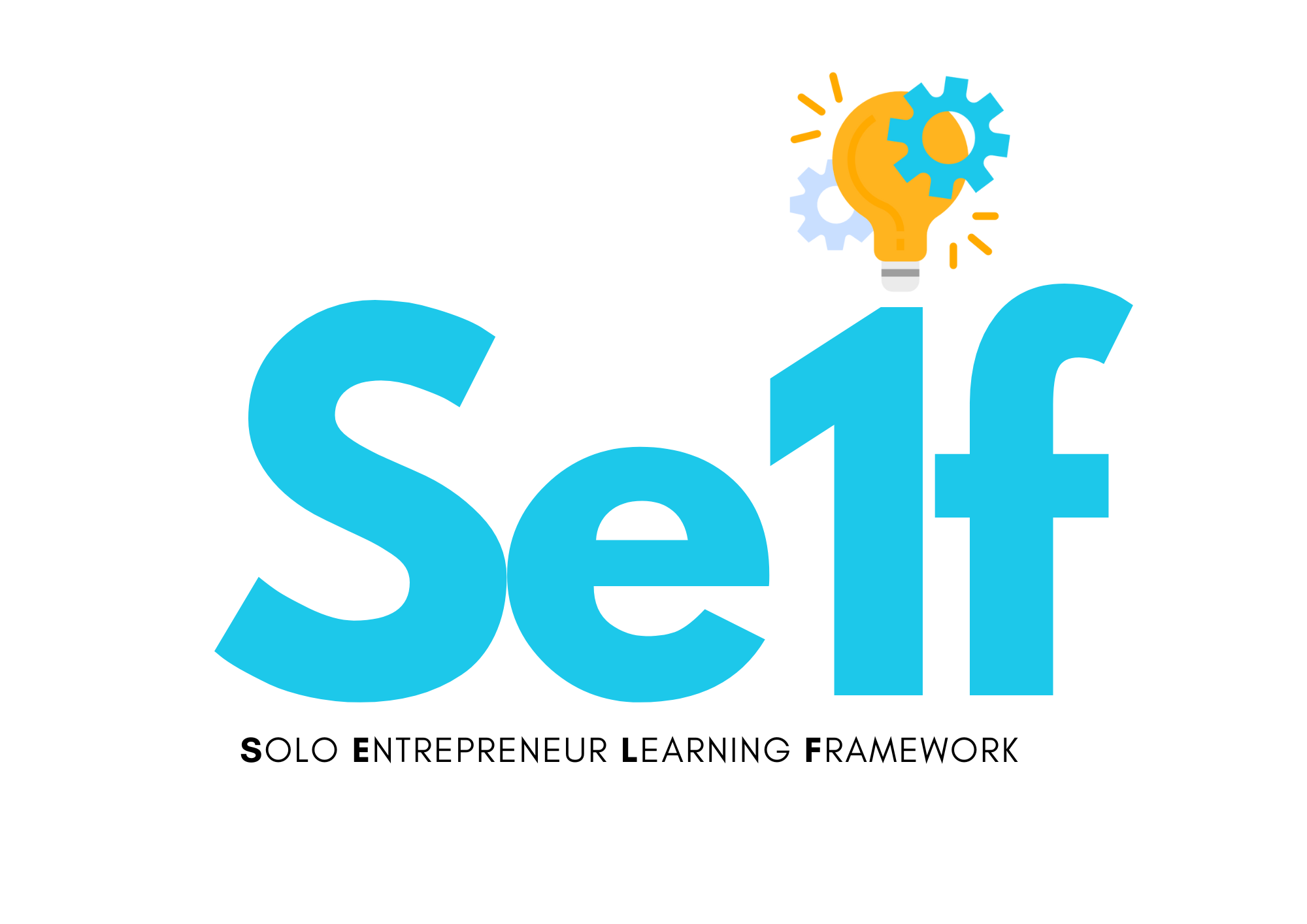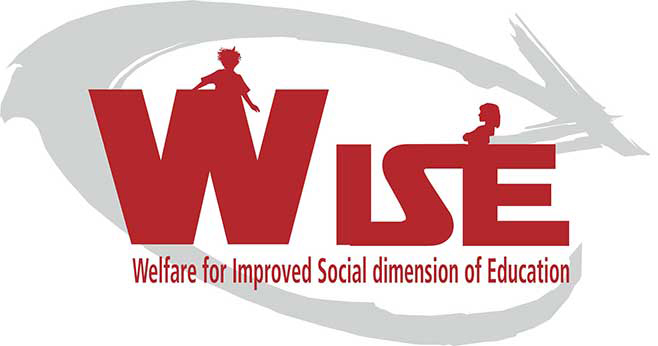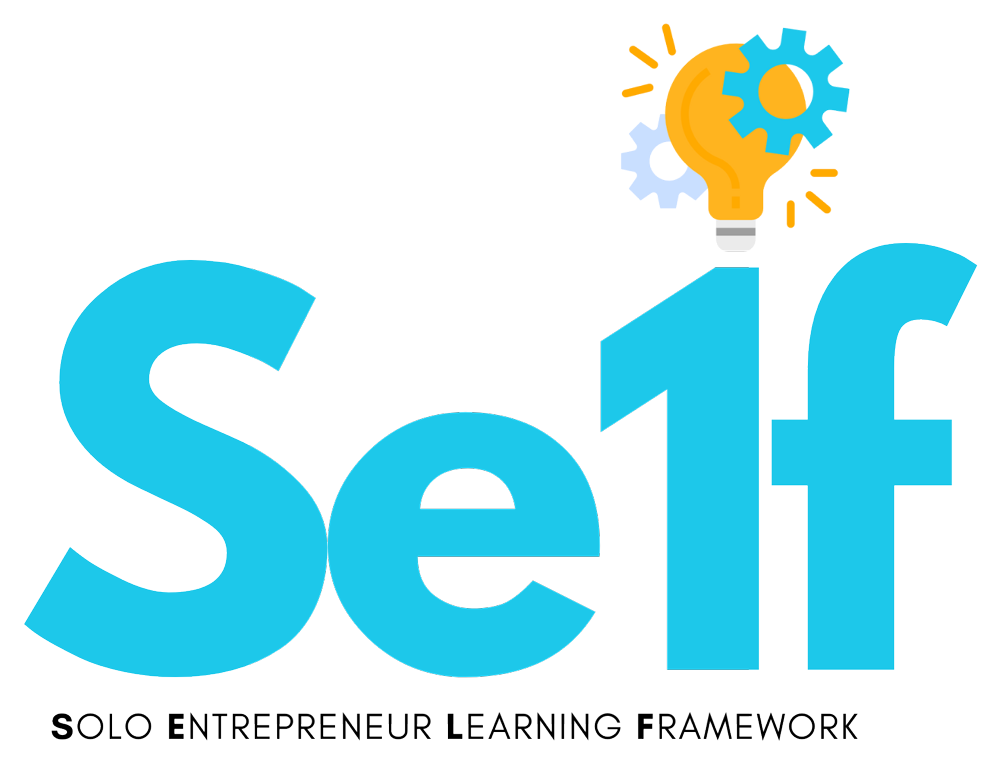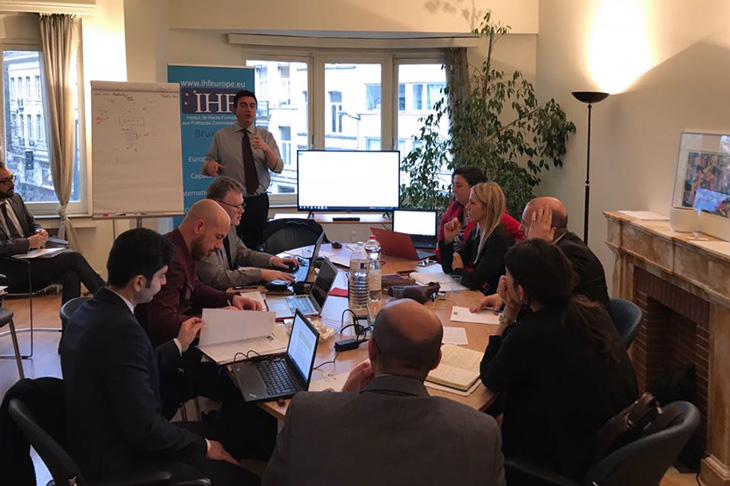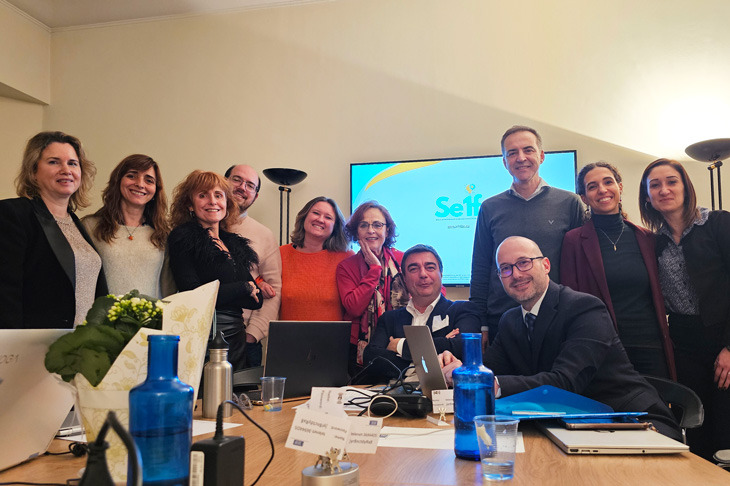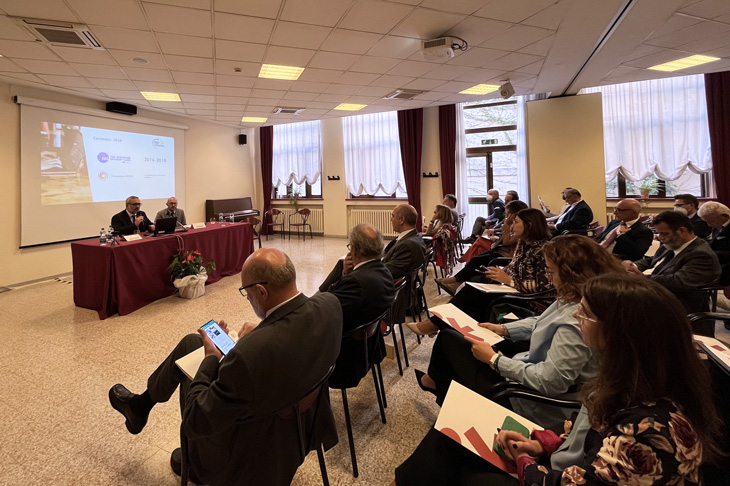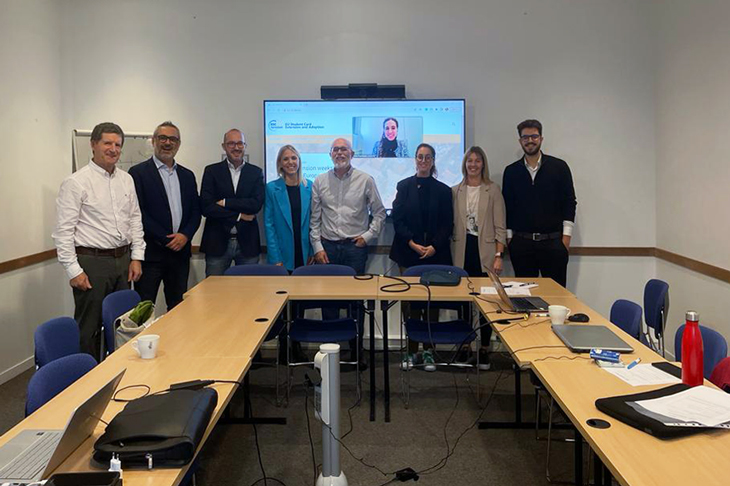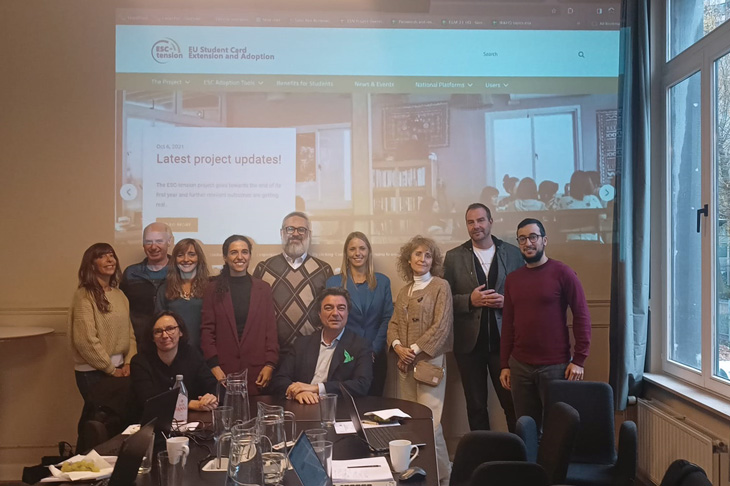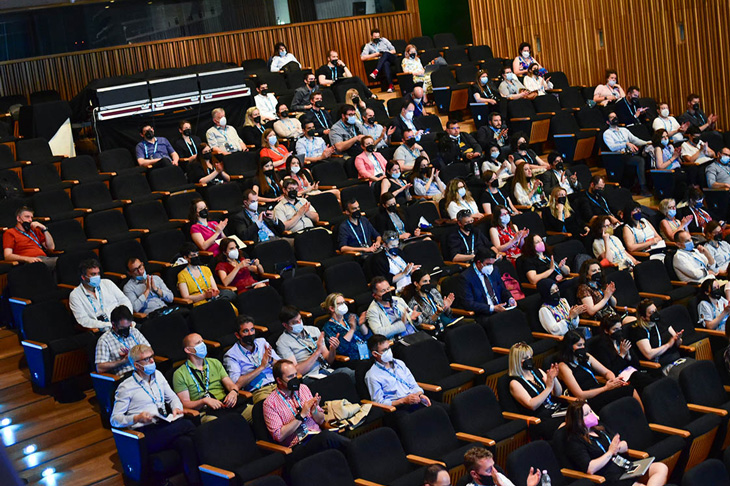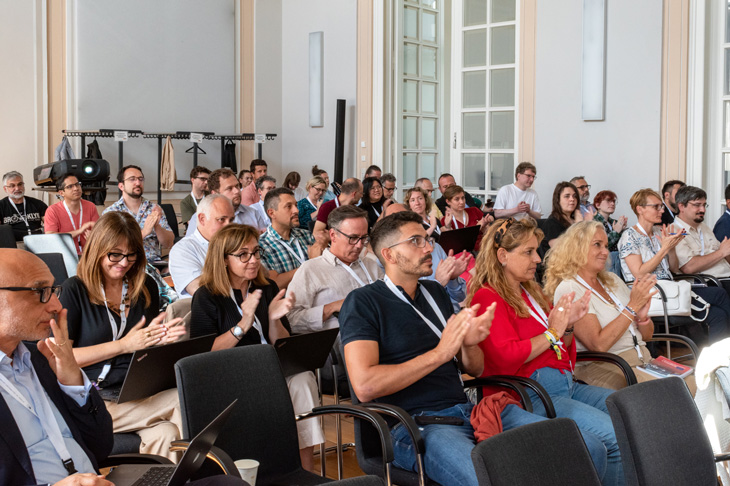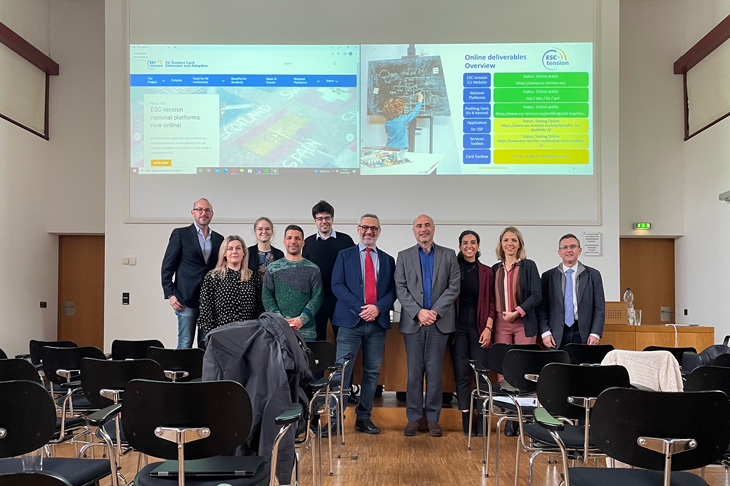
The EDSSI projects took steps in harmonising the Erasmus+ digitalisation infrastructure.
Both funded by the CEF - Connecting Europe Facility - Telecom budget, EDSSI (1) and EDSSI level 2 aim on one hand to align the elements of the Erasmus+ digital service infrastructure; on the other hand, to make it accessible for students with their own university credentials (including EU student eCard, or any other type of student ID) and national eIDs.
At the moment, the overall architecture consists of four main components: authentication and authorisation, interoperability, WebService, and EU Student eCard core service platform.
The first leg of the project, EDSSI (1), created a core infrastructure whose goal was to provide students with a seamless mobility experience. With the infrastructure now up and running, the second phase of the project can take over.
EDSSI started building bridges between the different tools for Erasmus+ mobility administration which were often the result of the pro-bono work of a few enthusiastic International Relations Officers and developers from a few universities in Europe.
The project started in September 2020 and ended in August 2022. The partnership, coordinated by ARISTOTELIO PANEPISTIMIO THESSALONIKIS - AUTh (Greece) was further composed by the following partners: European University Foundation (Luxembourg), Centre National des Oeuvres Universitaires et Scolaires and Groupement d’intérêt public pour le réseau national de telecommunications pour la technologie, l’enseignement et la recherche - Renater (France), Erasmus Student Network (Belgium), Fondazione Endisu – Ente nazionale per il diritto allo studio e per i servizi agli studenti (Italy), Géant Vereniging (Netherlands), Humboldt-Universitaet zu Berlin (Germany), Unit – direktoratet for ikt og fellestjenester i hoyere utdanning og forskning (Norway), Universidad de Málaga, and Universitat Jaume i de Castelló (Spain), Universidade do Porto (Portugal), Universiteit Gent (Belgium), Uniwersytet Warszawski (Polonia), Vetenskapsradet (Sweden).
EDUCatt supported the project in quality of Associate Partner, disseminating the results among its Italian and international network.
Find out more here


